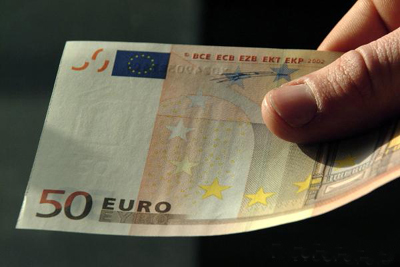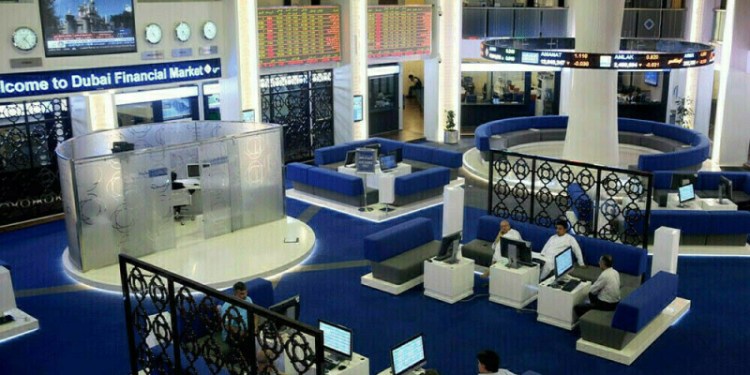Monday, 27 July 2015 13:18
 LONDON: The euro hit a two-week high against a subdued dollar on Monday, with traders awaiting Germany’s IFO survey, which is likely to indicate Europe’s largest economy is on track to post a reasonable pace of growth.
LONDON: The euro hit a two-week high against a subdued dollar on Monday, with traders awaiting Germany’s IFO survey, which is likely to indicate Europe’s largest economy is on track to post a reasonable pace of growth.
The dollar fell broadly, after a drop in US shares and bond yields dimmed its allure, with markets focused on this week’s Federal Reserve policy meeting. It fell 0.35 percent against the safe-haven yen with a 7 percent drop in Chinese stocks impacting global risk sentiment, traders said.
The euro rose 0.7 percent to $ 1.1060, having gained about 1.4 percent last week. Germany’s IFO business climate index is forecast to dip slightly in July but will remain at levels consistent with a positive pace of economic growth.
Analysts said that would support the European Central Bank’s assessment that the outlook has not changed much over the past couple of months, despite the Greek crisis. Still, many suspect the ECB is becoming more concerned over falling commodity prices, which are likely to push eurozone inflation expectations lower.
“A risk-off sentiment is prevailing which is putting popular consensus trades under pressure. As a result we are seeing a short squeeze in the euro/dollar and euro/sterling,” said Yujiro Goto, currency analyst at Nomura.
“Any positive impact from IFO on the euro is likely to be brief. Over the medium term we expect the dollar to gain the upper hand.”
The euro has lost as much as 5 percent against the dollar since mid-June on Greek debt worries and the divergence of US and European monetary policies, but a technical correction to the dollar’s rally gave the euro a breather last week.
The market will watch the July 28-29 Fed meeting to see if policymakers provide clues for the timing of a rate “lift-off.” Steadily rising expectations the Fed could begin hiking rates as early as September have been a key factor behind the dollar’s gains over the past month.
Aside from the Fed, the focus remained on sliding commodity prices and their potential impact on currencies. The more obvious impact from lower commodity prices has been felt by currencies of exporters such as Canada, Australia and Norway. But commodity-importer currencies such as the yen were also expected to feel the effect.
“A drop in commodities generates images of a cooling global economy, which in turn leads to ‘risk off’ that could prompt short-covering of the yen,” said Masafumi Yamamoto, a senior strategist at Monex in Tokyo.
“Moreover, cheaper oil lessens import costs and improves Japan’s trade balance. If it ends up boasting a sizeable current account surplus, Japan could face criticism that the yen is too weak,” he said.
US crude traded near four-month lows on Monday, dogged by concerns over oversupply and potentially weaker demand from major consumers like China.



























